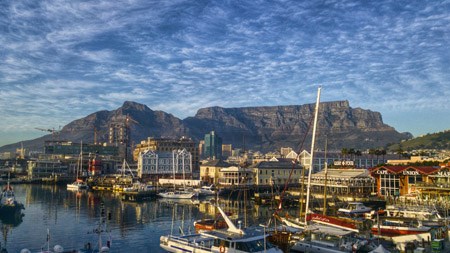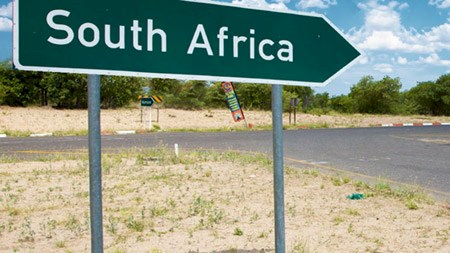Favourable exchange rates and a well-regulated real estate industry make investing in property in South Africa appealing to foreigners. Non-residents made up 2.6% of all buyers in the second quarter of 2020, according to the latest statistics from First National Bank. “This is up from around 2% in 2018,” says FNB Senior Economist, Siphamandla Mkhwanazi, “and if you include the affordable market sales, foreign buyers then account for 4.7% of sales.”
South Africa is reputed to have one of the best deeds registration systems in the world, with exceptionally accurate records maintained in the regional deeds offices, where the relevant documents are available for public viewing. This ensures the process is transparent and secure, minimising the possibility of fraudulent transactions.
Another advantage is that investments of non-residents are not subject to tax in South Africa. This means that foreigners who invest in real estate can later sell the property and readily transfer the funds out of the country. The local tax laws of their country of residence will apply.
Legal framework
There are certain restrictions on property ownership by non-residents and illegal aliens are prohibited from owning immovable property within South Africa.
It’s important to know what is possible within the legal framework of the country:
• Property can be owned individually, jointly in undivided shares or by entities such as companies or trusts or similar entities registered outside South Africa.
• Non-residents can be natural persons or legal entities whose normal place of residence, domicile or registration is outside the common monetary area of South Africa. There are also certain procedures and requirements that must be complied with in certain circumstances. These include:
• Legal entities registered outside of South Africa which buy a property in the country must first be registered here.
• A South African resident public officer must be appointed on behalf of a local company whose shares are owned by non-residents.
Repatriation of funds
Provided that the title deed of the property has been endorsed ‘non-resident’, all funds introduced from outside South Africa to acquire fixed property in the country may be repatriated on resale of the property, along with any profit and after deduction of any capital gains tax payable.
Funds introduced into South Africa in the form of foreign loans to fund acquisitions of corporate entities that own property in South Africa may also be repatriated, assuming the original loan was approved by the South African Reserve Bank. The profit on resale of the property may also be repatriated, provided the relevant securities have been endorsed ‘non-resident’.
Capital gains tax
Non-residents are liable to pay capital gains tax (CGT) on the disposal of Immovable property in South Africa, including any right or interest in immovable property.
Non-residents who dispose of immovable property in any year of assessment and who are not already registered as South African taxpayers, will have to register as taxpayers and submit income tax returns reflecting the calculation of the capital gain. They will be liable for payment of CGT on that gain before their funds may be transferred out of the country.
Finance
All loans to non-residents are subject to foreign exchange approval from the Reserve Bank. All loans are secured by mortgage bonds registered in favour of whichever bank grants the loan.
• Non-residents may borrow up to 100% of the sum they introduce into South Africa to fund the purchase of a property. However, banks will only lend non-residents up to 50% of the purchase price of a property, subject to their usual terms and conditions. This means that non-residents who bring R500 000 into South Africa to buy a R1 million property, would be able to apply to the Reserve Bank for permission to apply for a bond of the remaining R500 000.
• Non-residents who have brought funds into South Africa over a number of years may borrow up to 100% of the total funds invested in the country. This may amount to more than 50% of the purchase price of the property.
Good investment option
South Africa has one of the world’s most accessible property markets, with foreigners allowed to acquire and own property – including agricultural property. This makes it one of only five countries out of the 54 in Africa to be on the foreign buyer radar. The other countries are Botswana, Namibia, Morocco and Egypt. And in Namibia, for instance, agricultural land is not available to foreigners.
Property is a long-term investment, and even if price growth in South Africa at present is sluggish, values have historically proved to increase over a number of years. The experts agree that a slow price growth environment is the ideal time to invest in an asset that has traditionally been shown to increase in value in the medium to long term.



